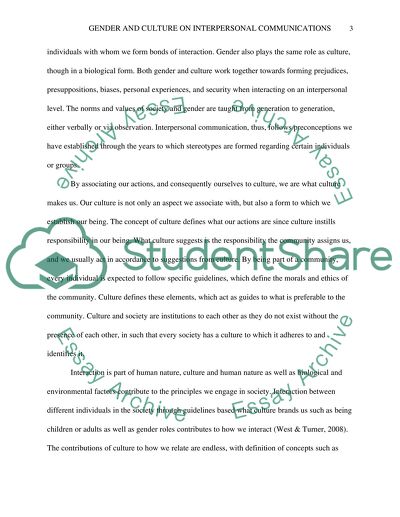Cite this document
(“The Impact of Gender and Culture on Interpersonal Communications Assignment”, n.d.)
Retrieved de https://studentshare.org/sociology/1462433-the-impact-of-gender-and-culture-on-interpersonal-communications
Retrieved de https://studentshare.org/sociology/1462433-the-impact-of-gender-and-culture-on-interpersonal-communications
(The Impact of Gender and Culture on Interpersonal Communications Assignment)
https://studentshare.org/sociology/1462433-the-impact-of-gender-and-culture-on-interpersonal-communications.
https://studentshare.org/sociology/1462433-the-impact-of-gender-and-culture-on-interpersonal-communications.
“The Impact of Gender and Culture on Interpersonal Communications Assignment”, n.d. https://studentshare.org/sociology/1462433-the-impact-of-gender-and-culture-on-interpersonal-communications.


